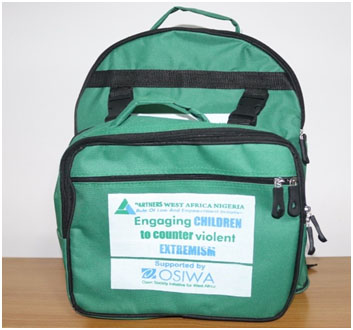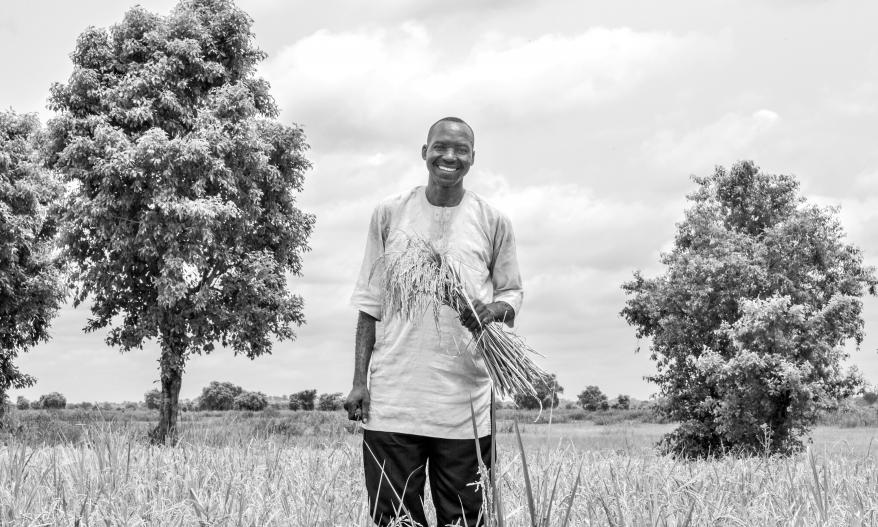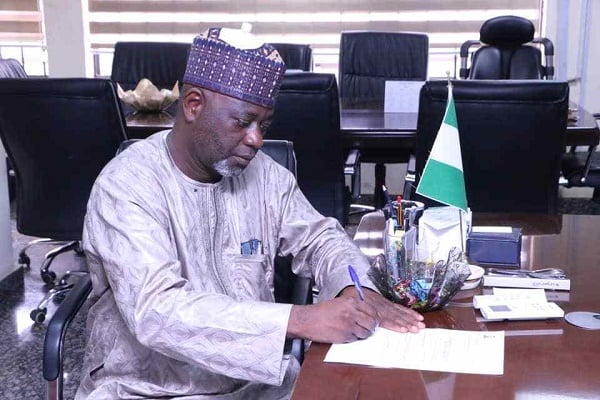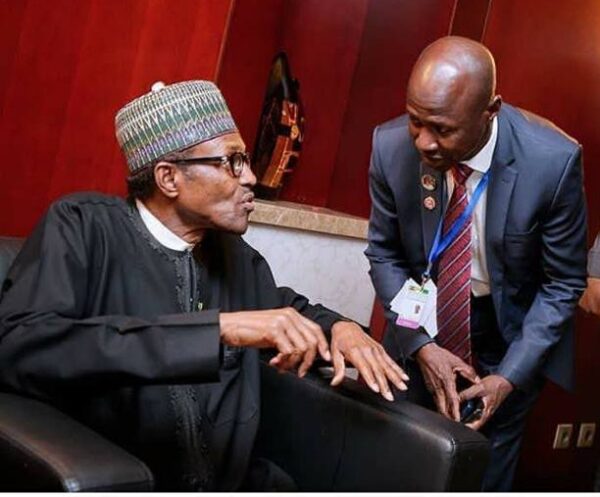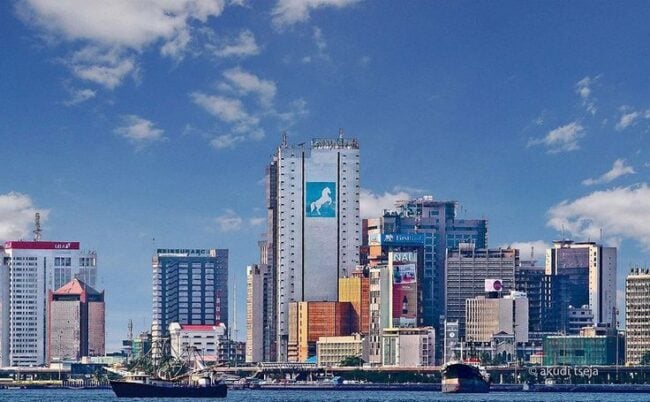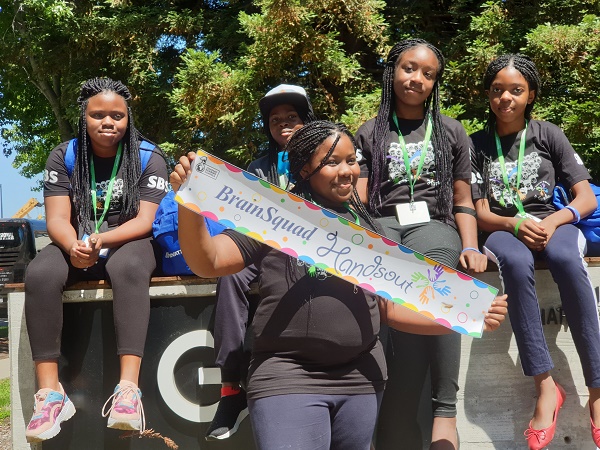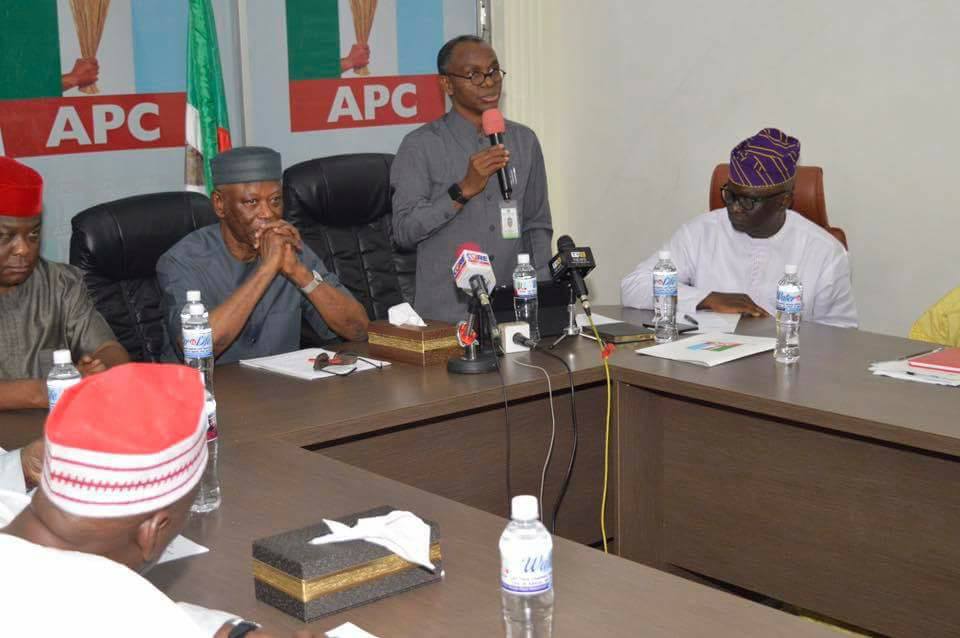BY VALKAMIYA AHMADU-HARUNA AND UDO JUDE ILO
Salome (not her real name) looks forlorn and detached from the rest of the kids. Salome is a 10-year-old pregnant child, a survivor of sexual crime in the heat of the insurgency in North-East Nigeria. She does not know who the father of her child is. Salome’s future looks bleak. Raised in a low-income family with the meager family fortunes wiped out in the insurgency, Salome has no hope for education nor the means to support herself and the unborn baby. Salome mirrors the painful and unfortunate situation of many kids caught up in the insecurity crisis in northern Nigeria.
Life in the shadow of insurgency feels like a daily walk in the landmine field. Salome and her mates live in constant fear and want. There are scars and pain that follow and will most likely follow them all their life. The basic necessity of life that most people take for granted is a luxury these kids can ill afford.
But their stories are changing. One of Salome’s most prized possession is her backpack. It is Salome’s passport to school and perhaps the most expensive property she has. Salome is one of the pupils in the Partners West Africa’s Informal Learning Centers (LCs) in two communities within the Numan Federation- Dong community in Demsa Local Government Area (LGA) and Kikan community in Numan LGA in North-East Nigeria.
Advertisement
Nigeria currently has an Out-Of-School-Children population of over 10.5 million, specifically within the ages of 5- 14, even though primary school education is officially free and compulsory. A more significant percentage of this number is from the Northern part of the country, with a significant number of them displaced as a result of the violent conflict in the area. Another phenomenon contributing to the steady increase of Out-Of-School children is underage/ teenage pregnancy. Young girls, especially in areas affected by conflict, are victims of sexual abuse, which often results in pregnancy, causing them to drop out of school.
Adamawa State in the North East has been affected by the activities of the terrorist group-Boko Haram, with thousands of persons killed and numerous communities displaced since the inception of the activities of the group. The Numan Federation in particular (comprising of Numan, Demsa, Lamurde, Guyuk and Shelleng Local Governments) has been a target for attacks, resulting in the destruction of schools and disruption of livelihood activities.
Rule of Law and Empowerment Initiative also known as Partners West Africa Nigeria (PWAN) recognized the urgent need to address the problem of out-of-school population, while also providing some level of healing and psycho-social support for children who have been victims of the conflict. With help from the Open Society Initiative for West Africa (OSIWA), the ‘Engaging Children to Counter Violent Extremism’ project aims to significantly improve the quality of life and learning of children aged 4- 12, in Kikan and Dong Communities, Adamawa state, through art, numeracy and literacy education in an informal, fun and engaging learning environment, while also serving as a transition phase towards equipping children to return to the formal schools. PWAN aims to develop an innovative method of countering violent extremism, which is both simple and sustainable through creative and fun learning environment as a means of countering radical narratives.
Advertisement
The project works with Mavis Computel; an educational technology company responsible for the development of the Mavis Talking Books™ and Mavis Education Model™, and Mbula Foundation, a grassroots volunteer organization within Adamawa State. Marvis talking book allows kids to interact with their books without the assistance of teachers. The books can provide lessons and take kids through basic mathematics and other subjects. The interactive nature of the teaching tools and its unique technology has been a significant source of fascination and interest for the kids. It has also reduced the need for too many teachers but instead allows for few teachers who guide the kids on how to use their learning tools.
Through this project, PWAN hopes to reinforce the narrative that a school bag should not be a sign of privileged upbringing; the bag and its implication for education should be as common as food and water. Every child deserves quality education, and children need to know that they can be more than the ills of the insurgency.
Ahmadu-Haruna is a programme manager at PWAN and Udo Jude Ilo (@udoilo) is the Nigeria country officer at OSIWA.
Advertisement
Views expressed by contributors are strictly personal and not of TheCable.
Add a comment
